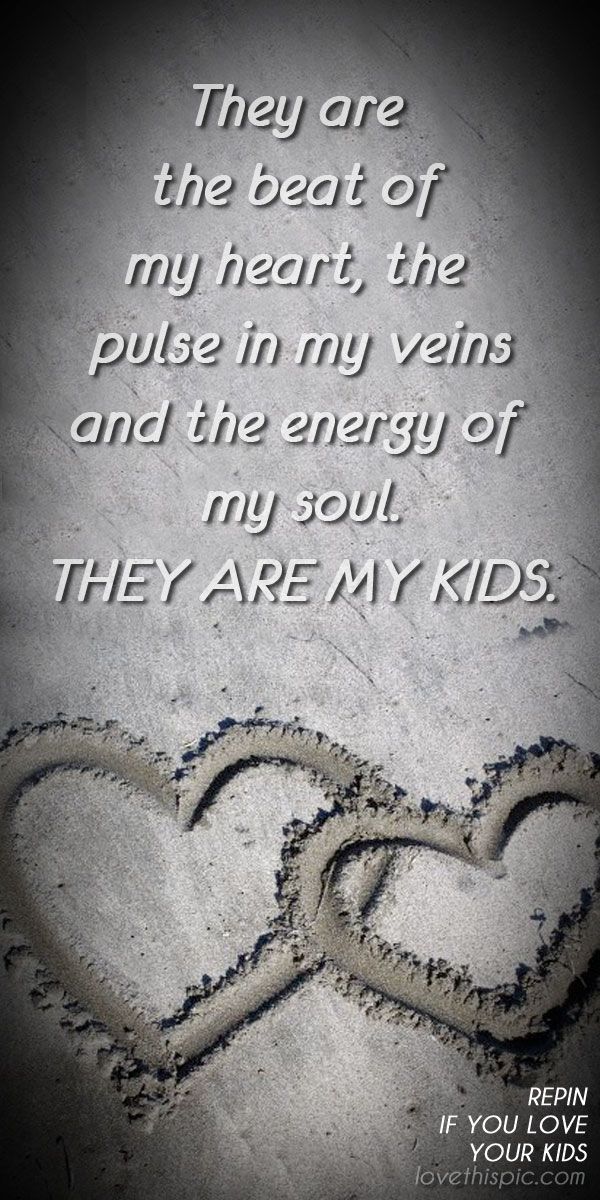Family life is hard but oh soooooooooooooo worth it!
Good night dear friends!
I did my due diligence and found that in the past it had been mostly a conference for counselors, psychologists, school administrators, and others who performed interventions and tried to help troubled kids outside of their homes. Linda and I believed, even way back then, that the best way to help kids was to help their parents within their homes. I said I would accept the position if we could change the name to the White House Conference on Parents and Children and focus on ways to build stronger families.
We moved to Washington and began to shift the conference in that direction. Shortly thereafter, then-President Reagan was shot in an assassination attempt, and it was decided that while he was recuperating, it would be best to disband the conference and send the budget to the states, allowing each of them to hold their own conference rather than a national conference.
Linda and I were happy to return to Utah and to other pursuits, but the point is that the whole experience got us thinking about the two primary ways to try to make the lives of children better:
One, give up on “bad parents” and focus on helping kids outside of their homes — at schools or through welfare or justice systems or other interventions.
Or two, help and train parents, giving them the tools to raise happy kids.
These two alternatives were stated even more bluntly in new research by Brookings scholars Richard Reeves and Kimberly Howard, where they concluded, as summarized by Derek Thompson of The Atlantic: “There are two basic ways to improve the lot of children ... the first tries to make bad parents less relevant. The second tries to make bad parents less bad.”
Let's think about that for a moment. Isn’t it pretty obvious that the first and best option is "to make bad parents less bad?” Shouldn’t the first line of defense against poor choices, rebellion and antisocial behavior in children be within the homes where those children live, under the direction of a parent?
Of course, no matter how hard parents try, or how much training and assistance and motivation parents receive, not all kids will turn out fine. In fact, some kids will have severe behavior problems even if they have the most conscientious, nourishing parents in the world. But the fact remains that, speaking generally, the home and the family constitute by far the most efficient, effective and economical place to raise a responsible member of society and to inoculate against problems that would otherwise spill out into the welfare or juvenile justice systems.
Yes, society needs safety nets and institutions that can deal with situations that parents can’t handle — and thank goodness for great teachers and counselors and schools and even courts that intervene and rescue children.
But our goal should be to strengthen families and improve parenting to where we need these other institutions less and less.
So what we really want to say here is pretty simple: Can we all approach it the way we tried to at the White House Conference? Can we think children and parents? Whoever and whatever we are — churches, clubs, government agencies, schools, therapists, grandparents, godparents, mentors or just concerned individuals — should we do all we can to help kids by helping their parents have the time and the tools and the encouragement to better parent their own children?
Because ultimately, stronger families are the only way to create a stronger society.








 "When you look at a massive problem it is good to remember about
"When you look at a massive problem it is good to remember about 







